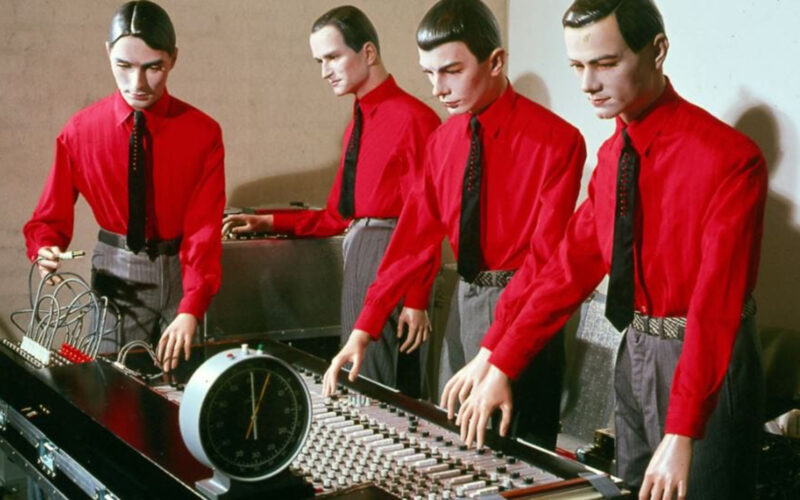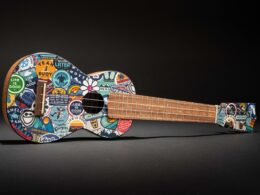Electronic music is a broad term that encompasses a wide range of music genres and sub-genres that are produced using electronic technology. This includes the use of electronic instruments, computer software, and other digital technologies to create, produce, and manipulate sounds.
The origins of electronic music can be traced back to the late 19th century, when composer Edgard Varèse experimented with creating music using electronic instruments and devices. However, it was not until the 1950s and 60s that electronic music began to gain widespread popularity.
One of the earliest and most influential electronic music composers was German composer Karlheinz Stockhausen, who is credited with pioneering the use of electronic music in classical compositions. In the 1960s, the development of synthesizers, such as the Moog synthesizer, allowed musicians to create and manipulate electronic sounds in a more accessible and affordable way. This led to the emergence of new electronic music genres, such as synth-pop and electronic dance music (EDM).
Electronic music continued to evolve in the 1970s and 80s, with the rise of electronic genres such as techno and house music. These genres were characterized by the use of electronic drum machines and synthesizers, and were popularized by DJs and producers such as Giorgio Moroder, Kraftwerk, and Juan Atkins.
In the 1990s and 2000s, electronic music experienced a resurgence in popularity, with the rise of genres such as trance, drum and bass, and dubstep. The proliferation of digital audio workstations (DAWs) and other software-based production tools made it easier for musicians to create and produce electronic music, leading to a proliferation of electronic music sub-genres.
Today, electronic music remains a diverse and constantly evolving genre, with a wide range of sub-genres that appeal to a wide range of listeners. From the early experimental compositions of Edgard Varèse to the mainstream popularity of EDM, electronic music has come a long way and continues to influence and shape the music industry.










